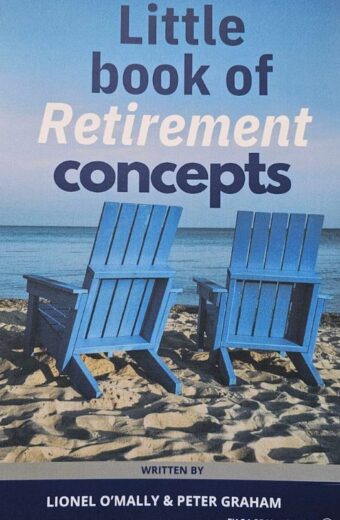The Australian Securities and Investments Commission (ASIC) has also made some suggestions on finding the right financial advisor for you. Here are a series of questions, which appear in ASIC’s Getting Advice booklet and some advice on what answers to listen for.
| Question to ask | What to listen for |
| How long have you been giving financial advice? | The more experience, the better. If less than 2 years experience, ask “Will anyone else in the business take a look at the advice you give me” |
| What kind of clients do you mostly see? | People with concerns like yours. |
| What are your clients mostly trying to achieve? | People with concerns like yours. |
| Do you take a special interest in any particular types of financial products? | Experience in the products you are interested in. For example, insurance, super, retirement income products, shares, managed investments. |
| Are there any financial products you don’t advise on? | If yes, do these restrictions effect you? |
| How do you go about understanding a new client? | Aims to get a full picture of your circumstances & needs. Will ask you a lot of questions. Will probably need a separate appointment to do this. |
| How do you deal with a client who may have conflicting financial objectives? | Will explain and discuss choices with you. Then does research and prepares advice for you to take away and consider. |
| What qualifications do you have? | Qualifications in finance, economics, accounting or financial planning. For example, “Certified Financial Planner” |
| How much is this advice likely to cost? | Clear explanation of fees & commissions the advisor receives, plus general explanation about any likely product fees. |
| How do you keep up to date with everything that’s happening | Attends courses & training run by universities, Securities Institute, FPA (not just in house marketing seminars) Member of FPA, stockbrokers’ professional Body, Securities Institute, etc. |
Your Roadmap To Financial Independence
Unfortunately many people forego the planning required to prepare for retirement, often until it is too late. However, this needn’t be the case. Even if you are about to retire or you have already retired you can still apply these principles to get your investments working for you.
In a previous article I introduced you to the three laws of successful wealth creation that will enable you to build a solid foundation to ensure you provide a very sustainable income in retirement. In this article I want to address the first of these laws in more detail to show you how you can stop losing and start making money from your investments. If you remember, the first of the three laws to wealth creation was to ‘spend less than you earn’.
Managing Your Investments Successfully
One of the key criteria to astute investing is to consider when and how you will take your profits – in other words, you need to consider your exit strategy before you invest. Most investors never give this any consideration because when they invest they expect the asset to rise. And while the asset may rise, the value of the asset is not realised until you sell. Consequently, this is considered unrealised profits as the asset could fall in value. Therefore, you need to consider how and when you will exit if your investment turns sour or does not perform as expected.
Diversifying Your Portfolio with Tax Advantaged Strageties
Would you like to take advantage of sharemarket gains without risking your capital? There are strategies available now which allow you to borrow to invest in shares or managed funds with 100% protection. You benefit from any increase in share price and receive any dividends and franking credits. The full amount can be financed and interest is prepaid at a fixed rate for a fixed term. A current Ruling issued by the Australian Tax Office offers peace of mind and certainty that most of the loan interest is tax-deductible.
The Law Of Wealth Creation
Financial independence is a goal many strive to achieve, yet only a few accomplish. Why is this the case when we live in such a prosperous country? The most common reason is lack of knowledge in how to create financial independence, while others lack the desire or confidence in their ability to obtain the knowledge.
Interestingly, many people are willing to spend years studying to gain a formal education with the expectation that they will obtain a job that will pay enough to enable them to sustain a desired lifestyle. Yet when it comes to educating themselves about how to create wealth, they never quite find the time. Instead the majority of Australians seem willing to live from pay cheque to pay cheque. For many this means working harder and for longer hours to create the extra income that will satisfy their needs.
Are You Preparing For Retirement
Are you one of the thousands of people who plan to retire in 2007; are you seeking a redundancy next year; or are you one of those unfortunates that will unexpectedly be made redundant.
Research undertaken by lifestyle retirement planning firm, Third Age Options Pty Ltd,(www.3aoptions.com) has identified 120 lifestyle issues that need to be considered by pre-retirees and retirees. I ask readers to write down as many lifestyle issues that you can think of that may impact on your retirement lifestyle. How many did you list? If you listed more than 20 you have reached the pass mark. Congratulations!! If you haven’t then you need to consider your future years much more closely.

